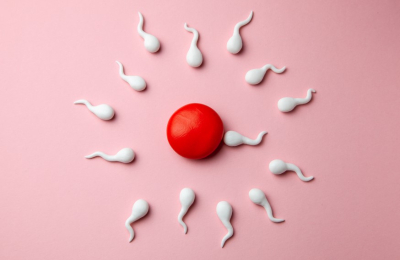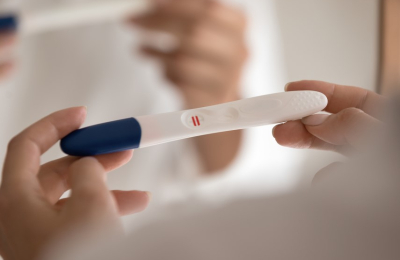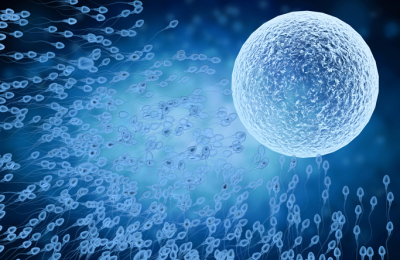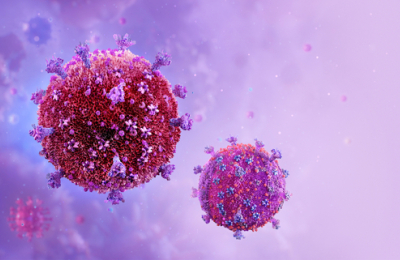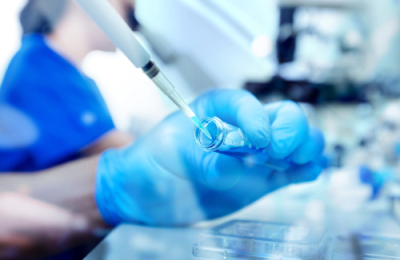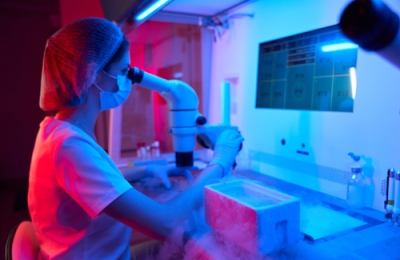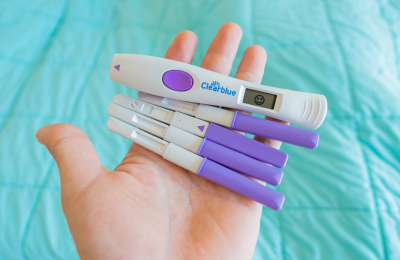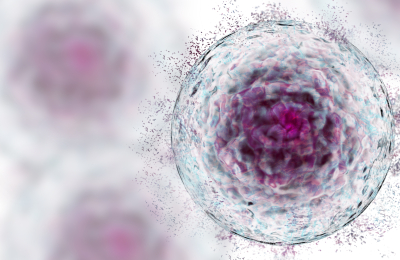
The subject of public discourse should be the 14-day legal restriction on human embryo research in the United Kingdom, as stated by researchers.
At present, scientists in the United Kingdom are exclusively authorized to allow the development of human embryos for a period of 14 days within laboratory settings, excluding any time during which the embryo remains cryopreserved. Although researchers can subsequently resume their examination of human development through pregnancy scans and the utilization of materials obtained from terminations, this interval leaves a significant gap in our comprehension of human gestation and development. Researchers have highlighted to the Guardian newspaper that extending the study of embryos beyond the 14-day threshold in laboratory environments could enhance our understanding of the factors contributing to miscarriages and congenital abnormalities.
Dr Peter Rugg-Gunn, affiliated with the Babraham Institute in Cambridge, conveyed to the Guardian, "The timeframe spanning two weeks to four weeks has been designated as the enigmatic stage of embryo development. Currently, there exists no practical means to investigate this phase, thereby leaving us with severely limited knowledge. Extending the study of embryos beyond the 14-day restriction could prove advantageous for patients. The sooner such allowance is granted, the more expeditiously patients in the United Kingdom can reap the benefits."
The imposition of this restriction is founded upon previous guidelines that were incorporated into United Kingdom legislation in 1990. Nevertheless, the International Society for Stem Cell Research has proposed in its 2021 guidelines that this restriction could be relaxed in jurisdictions where there is public support for such a change (refer to BioNews 1097 and 1098). A report published in October 2023 revealed that the United Kingdom public was receptive to the notion of doubling the existing limit (refer to BioNews 1213). More recently, the Health Council of the Netherlands has recommended that the limit be doubled within Dutch legislation (refer to BioNews 1214 and 1218).
Sarah Norcross, the director of PET (the Progress Educational Trust), asserted to the Guardian, "Human embryos are a scarce and invaluable resource. Is it morally justifiable that scientists are legally compelled to discontinue the examination of these embryos within laboratory settings after a mere 14 days? There is so much more to be learned from these embryos, and this knowledge could significantly advance our understanding of pregnancy loss and disease."
During the PET Annual Conference in December 2023, Professor Kathy Niakan, a developmental biologist affiliated with the University of Cambridge, made a case for establishing a national research embryo bank in the United Kingdom (refer to BioNews 1219 and 1220). This proposed initiative would facilitate both the donation of embryos to research by patients and the accessibility of these embryos to researchers.
Professor Niakan apprised the Guardian that embryo research is of paramount importance in enhancing our comprehension of pregnancy: "At this particular stage of pregnancy, there exists a highly distinctive immunological interaction. There is a captivating question as to why, in certain cases, maternal cells and fetal cells cannot coexist without encountering some form of attack or failure."
Source - BioNews https://www.progress.org.uk/scientists-call-for-review-of-14-day-embryo-research-rule/





















